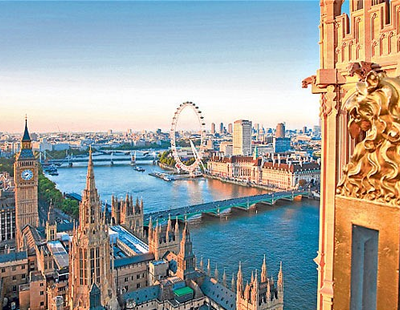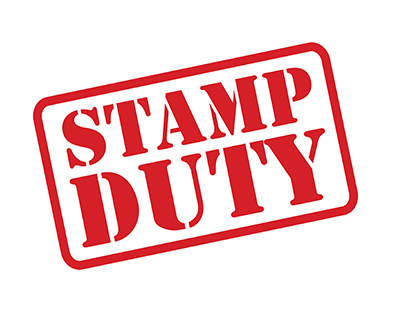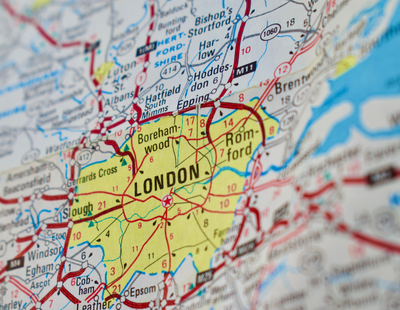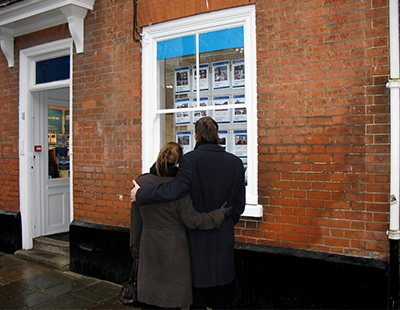Agents have continued to express their shock and opposition to the announcement by the government that it wants a stamp duty surcharge on purchases made by foreign buyers - with one calling the measure “desperate.”
Camilla Dell, managing partner at the Black Brick agency, led the charge by asking whether the government had forgotten that most foreign buyers already paid a three per cent surcharge when buying in the UK because their principal home was elsewhere so - like Britons - they paid the extra ‘additional homes’ stamp duty.
“This has already had a detrimental effect on London - lowering transaction volumes, creating an illiquid and dysfunctional property market. Foreigners are also treated the same as UK residents when it comes to paying inheritance tax and capital gains tax” says Dell.
“The new proposed tax will simply pour more glue into what is already a very fragile London market … What it will do is dissuade wealthy buyers from buying homes well above £1m and in turn reduce the tax take - not just from stamp duty but other ways in which foreigners contribute through employing people and spending money in our shops.”
Dell says the move seems “desperate” and based on very little research.
Meanwhile well-respected Mayfair agent Peter Wetherell has tweeted that the surcharge would be “yet another tax on London which accounts for the majority of the [stamp duty].”
He also drew social media followers to a report issued last year by the London School of Economics, looking at the role of overseas investors in London’s new-build market.
Its findings were that a substantial majority of the units bought by overseas investors between 2014 and 2016 (the period under review) were let out to Londoners, while almost all others were being used by the overseas purchaser’s family members, children in education, or returning expats.
While “a small but highly visible subset of new build market housing is lived in only occasionally” the report argued that owners of ‘London homes’ who come to London relatively rarely still contributed significantly to the London economy through their spending.
The report also said that sales to overseas buyers accelerated development through their impact on developers’ decisions to build and thus make more market and affordable housing available.
International investment and finance was also said to have helped bring stalled sites into use and speed up development, especially on larger sites.
Meanwhile another buying agent - Caroline Takla of The Collection LLP - has criticised the proposal as “knee jerk” and has accused Prime Minister Theresa May of using the homelessness cause as a “cynical distraction” caused not by overseas buyers but by years of austerity.
“SDLT receipts are perceived as an easy way for the government to raise revenues, and with Brexit costing the UK economy £500m per week it is a simplistic solution to try and fill the monetary crater left in HM Treasury’s coffers” says Takla.
She warns that the UK is fast becoming a country which is seen as not being business-friendly.
“The new build sector will be most affected as developers will have to take a hit on prices. Unfortunately, this is a sector that supports many jobs in construction, architecture, interior design and sales and will likely have a knock-on effect on unemployment which can only fuel some of the challenges that this new tax is trying to address” she claims.
The government used this week’s Conservative party conference as the opportunity to announce the surcharge; exact details are to be subject of a formal consultation from the Ministry for Housing, Communities and Local Government, but the government has already said the levy will be between one per cent and three per cent of the property price.
The government used this week’s Conservative party conference as the opportunity to announce the surcharge; exact details are to be subject of a formal consultation from the Ministry for Housing, Communities and Local Government, but the government has already said the levy will be between one per cent and three per cent of the property price.


























Join the conversation
Jump to latest comment and add your reply
Personally think this is a smart move and helps generate additional revenue from residential properties that will remain mostly unoccupied save for a few months of the year. Many affluent areas of London are a ghost town and if this reduces foreign demand but encourages sales to actual people who will live there, then this can only be a good thing.
Please login to comment